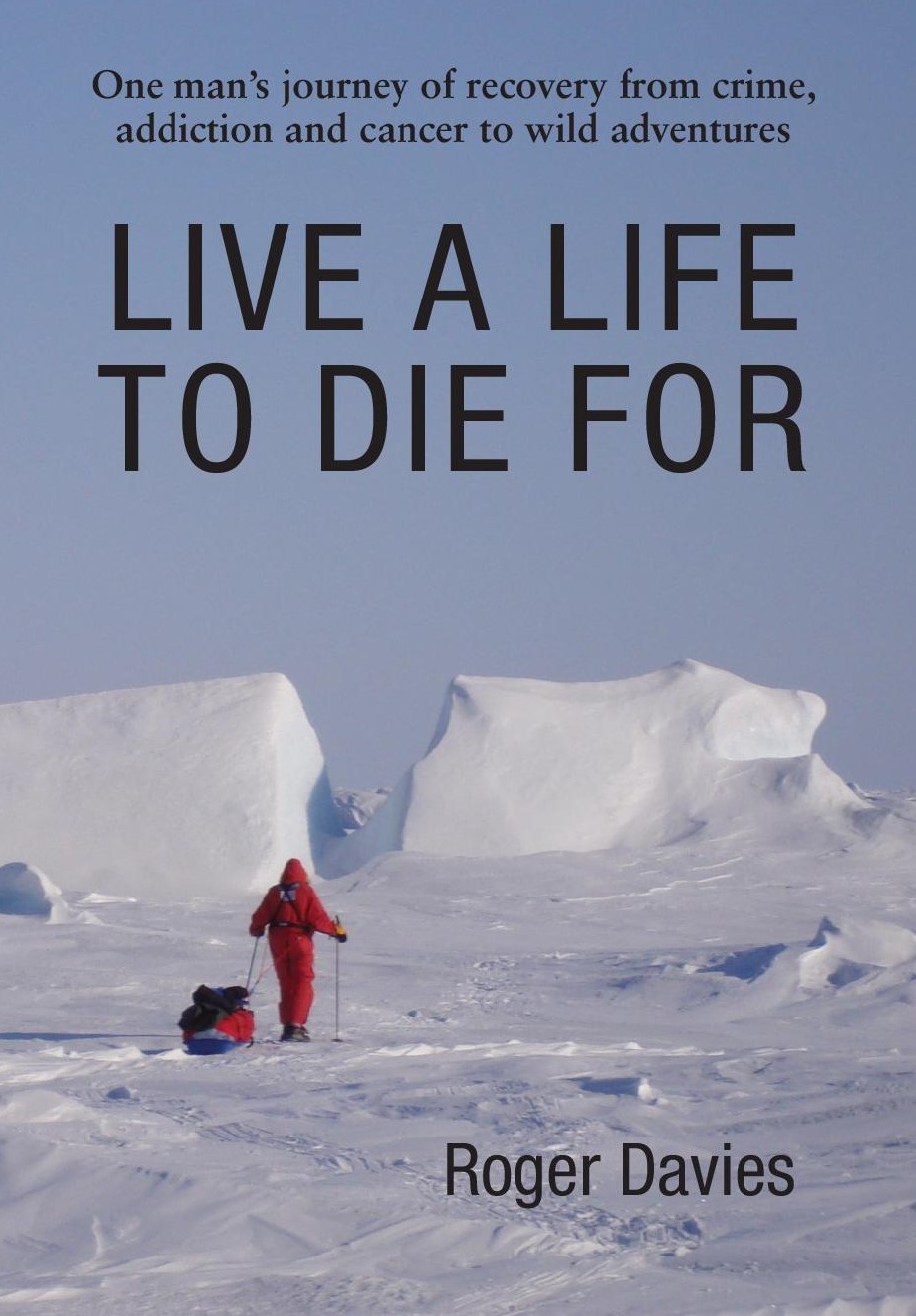How to Use the 24-Hour Plan to Recover from Addiction, Trauma & Illness
The 24-hour plan is a fundamental principle in addiction recovery, trauma healing, and managing chronic illness. It emphasizes focusing on one day at a time rather than becoming overwhelmed by long-term concerns. This approach is commonly used in 12-step programs like Alcoholics Anonymous (AA) and is successfully applied to trauma recovery and chronic illness management.
How to Use the 24-Hour Plan in Recovery
The key idea is to focus on today; not yesterday or tomorrow.
If a situation escalates, a 24-hour plan can be broken down into an hourly schedule.
Here’s how you can apply it in different areas:
Addiction Recovery
Stay away from any addictive substance ‘just for today‘.
- Commit to not using drugs, alcohol, or engaging in addictive behaviors for the next 24 hours.
- Don’t think about “forever” or long-term goals, just handle today.
Use support systems
- Attend a support / fellowship meeting (AA, NA, SMART Recovery).
- Call a sponsor or a trusted person.
- Keep a journal, make a daily gratitude list
- Have a quiet time, meditate; or pray if that helps.
Follow a structured routine
- A daily plan filled with healthy habits like work, exercise, and balanced meals.
- Steer clear of triggers, toxic people and high-risk situations.
- Structure creates stability, and stability fuels progress!
I take a moment to reflect each day
- Did I stay clean?
- What went well?
- Where can I improve tomorrow?
Trauma Recovery (PTSD, Emotional Healing)
Ground yourself in the present
- Use mindfulness techniques (deep breathing, meditation, gratitude).
- Avoid spiraling into past trauma by staying in the moment and just focus on today.
Manage emotions in small steps
- If you feel overwhelmed, tell yourself: “I only need to get through the next hour.”
- Break overwhelming emotions into smaller, more manageable pieces to help you process them more effectively.
Practice self-care
- Nourish your body with healthy food, prioritize restful sleep, and stay active daily.
- Take time for activities that bring you comfort, relaxation and joy.
- Stay actively engaged by focusing on meaningful tasks that add value to your life and those around you.
Seek support
- You don’t have to face challenges alone, support is just a conversation away.
- Therapy, support groups, or trusted friends can provide guidance and comfort.
- If today feels overwhelming, don’t hesitate to lean on someone for support.
- Call or text a friend, peer, or trusted companion
Chronic Illness Recovery
Focus on what you can do today
- Let go of yesterday’s struggles and challenges
- Keep moving forward, letting tomorrow take care of itself.
- Ask yourself or a trusted friend: “What can I do today to take care of my body and mind?”
Manage pain or fatigue one day at a time
- Take control of pain or fatigue one day at a time by setting small, manageable goals that align with your daily energy levels.
- Break tasks into smaller parts, pace yourself, and lean on support when necessary.
- Listen to your body, rest when needed and prioritize self-care.
Track symptoms daily
- Keeping a daily journal on how you feel can help notice patterns and triggers.
- Monitor your progress and keep a record of both positive and negative symptoms.
- Make informed decisions about your health and well-being.
Helping others
- Isn’t just an act of generosity; it’s a powerful way to improve your own happiness, health, and overall well-being.
- It gives you a sense of purpose and fulfillment.
- Kindness fosters stronger relationships and friendships.
- When you focus on helping others, your own problems seem smaller.
- It is not just good for them, it’s ‘incredibly’ beneficial for you as well.
Celebrate small wins
- Even if today was challenging, following your plan is a meaningful achievement.
- Acknowledge each step forward and keep going!
- Be good to your self….
Keep It Simple
For me, the 24-hour plan is about making progress, not chasing perfection.
However, when the stakes are high, I switch to an hourly plan, ensuring I stay focused and effective through those critical times.
Some days feel tougher than others, but my goal is always just to get through today, then start fresh tomorrow.
“It’s never too late to turn your day around”
#livealifetodiefor #SussexCancerFund #LymphomaCancer #itsrogerx
**I am excited to share the captivating story of my extraordinary journey with you. Also my How-To Becoming a Fearless Adventurer



